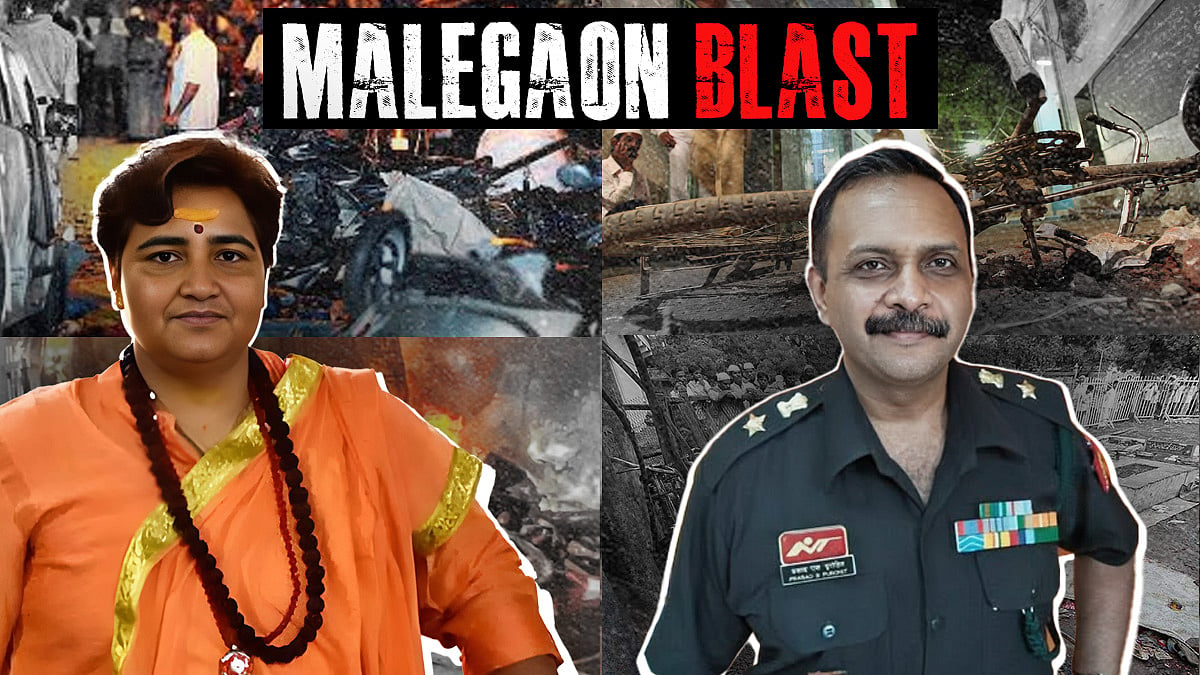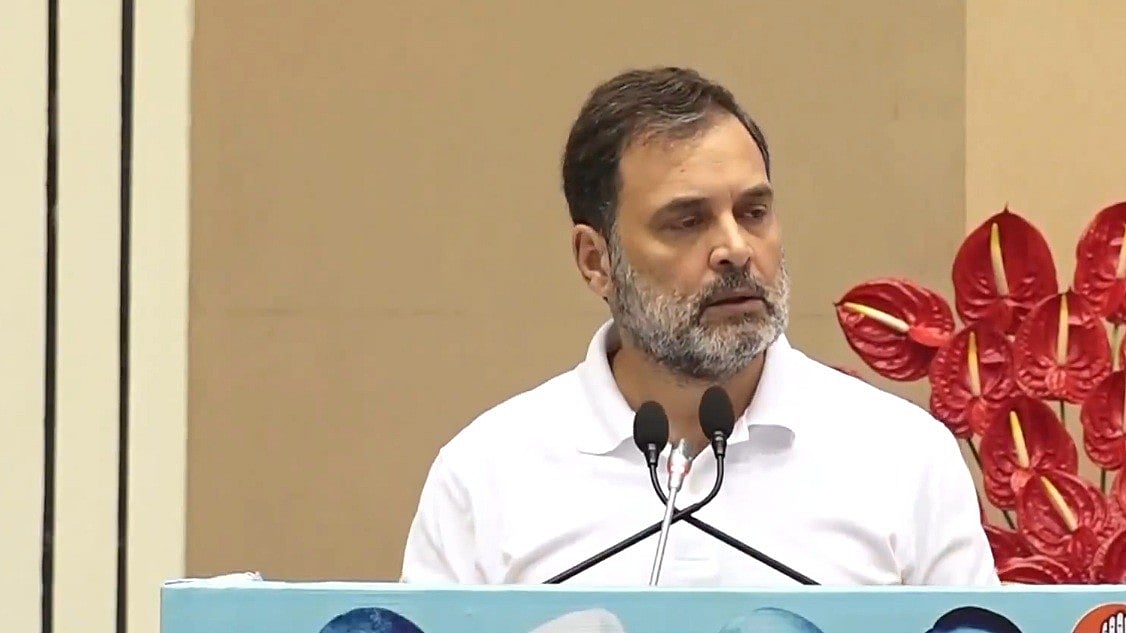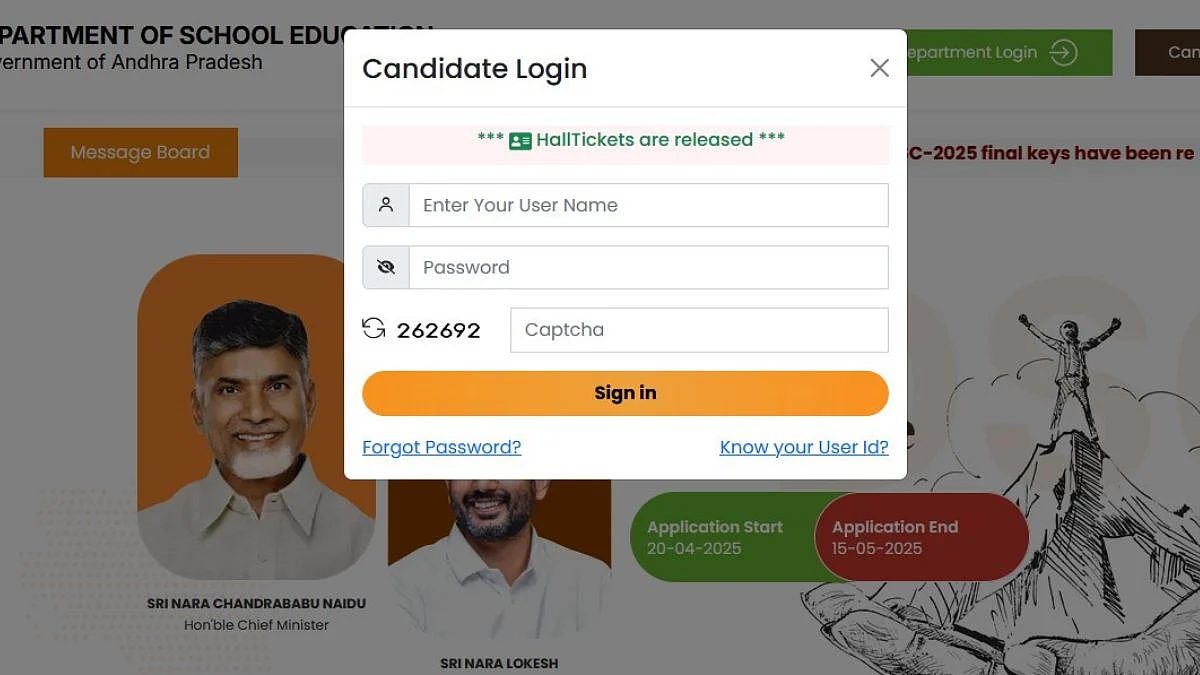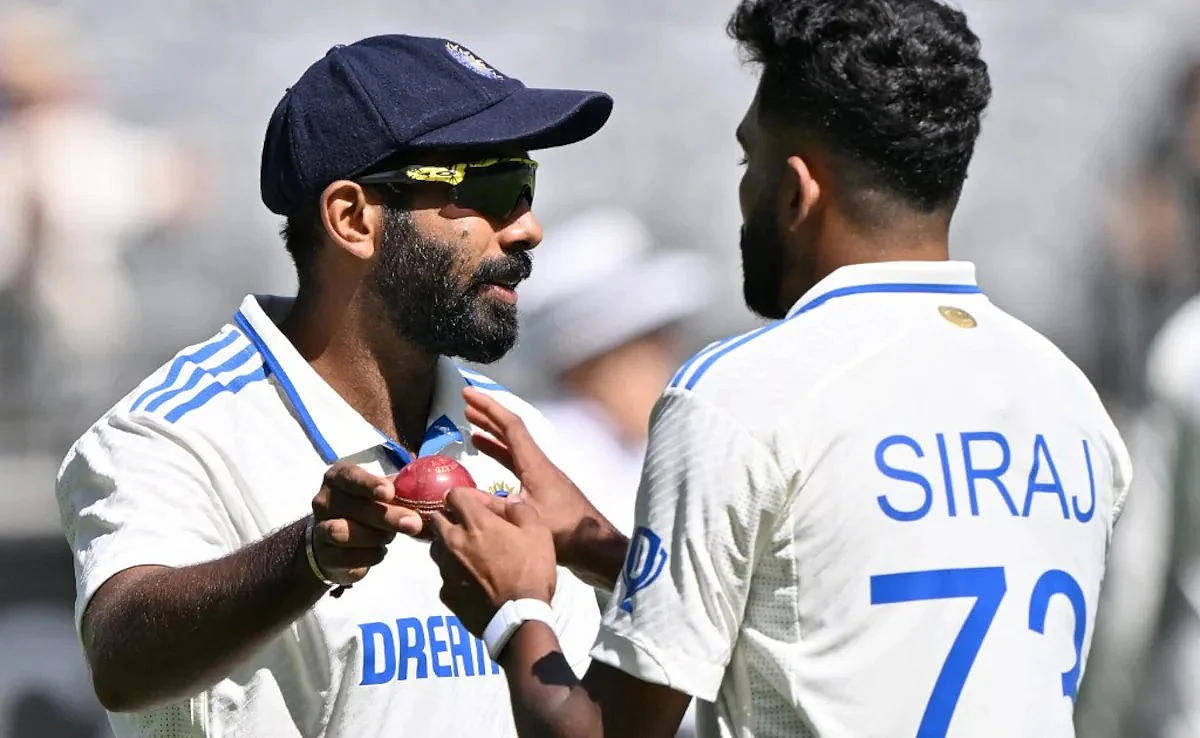The special NIA court while acquitting all seven accused in the 2008 Malegaon bomb blast case observed that although the prosecution relied on intercepted phone calls and forensic voice analysis, it failed to comply with mandatory legal procedures to make such evidence admissible in court. Special judge AK Lahoti noted that the prosecution failed to produce “cogent, reliable and acceptable evidence”.
Court: Suspicion Cannot Replace Legal Proof
“Though there was strong suspicion of the accused, it cannot take the place of legal proof,” the judge noted in his detailed 1036-page judgment. He added, “The testimony of prosecution witnesses is riddled with material inconsistencies and contradictions. Such discrepancies undermine the credibility of the prosecution case.”
Voice Samples Not Collected Legally, Chain of Custody Broken
The court noted that the voice samples used for forensic analysis were not collected under the supervision of a magistrate, as required by law, and the chain of custody for seized articles like cassettes and electronic devices was not established. Some evidence, such as Sudhakar Dwivedi’s laptop and other electronic devices, was not sealed and remained with ATS officers for over 24 hours, raising concerns about tampering.
Moreover, the forensic reports submitted lacked compliance with Section 65-B of the Indian Evidence Act, which governs the admissibility of electronic records. “His [expert’s] report is bereft of reasoning, lacks 65-B certification, and cannot be accepted as reliable,” the court said regarding a key prosecution witness, PW-284 Sunil Koli.
Koli, a contract-based chemical analyser at the Forensic Science Laboratory (FSL), admitted under cross-examination that he had undergone only a five-day voice identification course and lacked formal training or experience in voice analysis.
Failure to Examine Key Expert Denied Right to Cross-Examination
Moreover, the voice analysis was done by the expert Hina Dodia, who had issued three examination reports. However, the prosecution failed to examine her, which the court observed denied the accused chance of cross examination.

The court found the phone intercepts violated Rule 419A of the Indian Telegraph Rules, which requires prior approval from an Inspector General or above, approval that was not obtained.
The absence of the surveillance register, on which the transcripts of the intercepted calls were allegedly based, further weakened the prosecution’s claims. “Mere production of reports on record is not enough when it is disputed by the accused. The contents must be proved,” the court underscored.
Prosecution Could Not Prove Conspiracy Beyond Reasonable Doubt
In conclusion, the judge observed, “The prosecution failed to prove the conspiracy or involvement of the accused beyond reasonable doubt,” leading to their acquittal.










